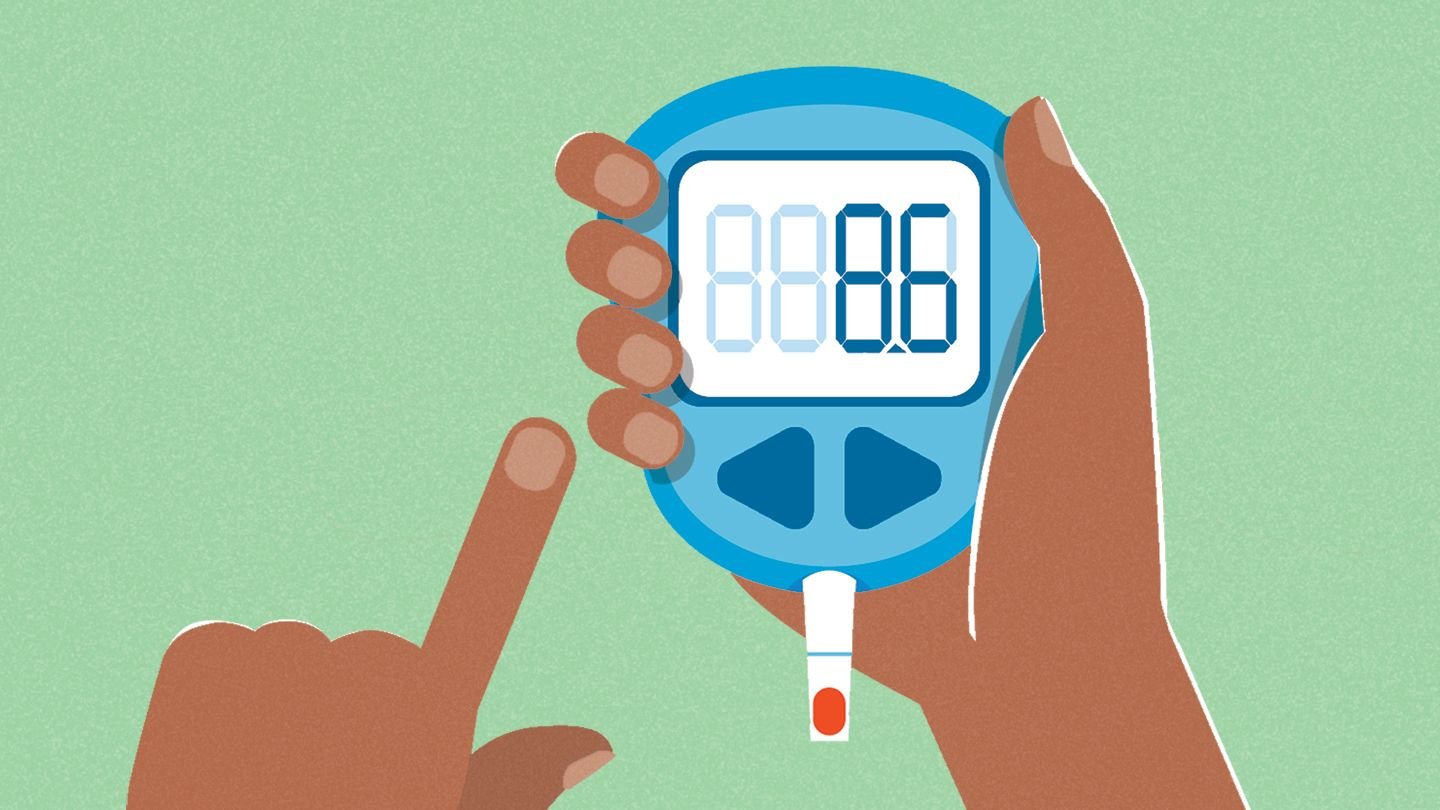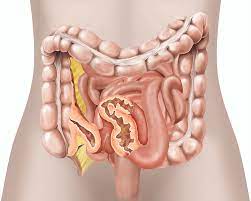Insomnia is more than just the occasional restless night; it’s a chronic condition that affects millions worldwide. There are two primary forms: acute and chronic. Acute insomnia is typically short-lived and often occurs due to stress, changes in environment, or medical conditions. On the other hand, chronic insomnia is a persistent condition, lasting for at least three nights a week over a period of three months or more.
The Impact of Insomnia
While the immediate effects of insomnia include fatigue, irritability, and difficulty concentrating, its long-term consequences can be much more severe. Research has shown that chronic insomnia can disrupt the body’s natural circadian rhythm, leading to a cascade of health problems, including an increased risk of obesity, diabetes, and cardiovascular diseases.
The Surprising Connection: Insomnia and Heart Attack Risk
Unveiling the Research Findings
Recent studies have unveiled a shocking link between insomnia and the risk of heart attacks. One study conducted over a span of several years involving thousands of participants found that individuals suffering from chronic insomnia were almost twice as likely to suffer a heart attack compared to those with regular sleep patterns.
The Role of Stress and Inflammation
Experts believe that the connection between insomnia and heart attacks lies in the intricate interplay of stress, inflammation, and the body’s physiological responses. Chronic insomnia elevates stress hormone levels, which in turn increases inflammation in the body. This inflammation can contribute to the narrowing of arteries and the buildup of arterial plaque, both of which are key factors in heart disease.
Prioritizing Sleep for Heart Health
Tips for a Good Night’s Sleep
- Establish a Bedtime Routine: Create a calming pre-sleep routine to signal your body that it’s time to wind down.
- Limit Screen Time: The blue light emitted by screens can disrupt your body’s production of melatonin, a sleep-regulating hormone.
- Mindfulness and Meditation: Practicing relaxation techniques can help calm the mind and promote better sleep.
The Road to Heart Health: Addressing Insomnia
Seeking Professional Help
If you find yourself struggling with chronic insomnia, seeking professional help is essential. Consulting a healthcare provider can help identify any underlying medical conditions and create a tailored treatment plan to address your sleep troubles.
The Link Between Sleep and Overall Well-being
Understanding the connection between sleep and heart health underscores the broader impact of sleep on our overall well-being. Prioritizing sleep isn’t just about feeling rested; it’s about safeguarding our cardiovascular health and reducing the risk of serious health issues.
Conclusion
In a world where sleep often takes a back seat to our busy lives, the link between insomnia and heart attack risk serves as a wake-up call. The importance of restful sleep cannot be overstated, and addressing insomnia is not just about improving the quality of your nights but also about protecting your heart health in the long run.








